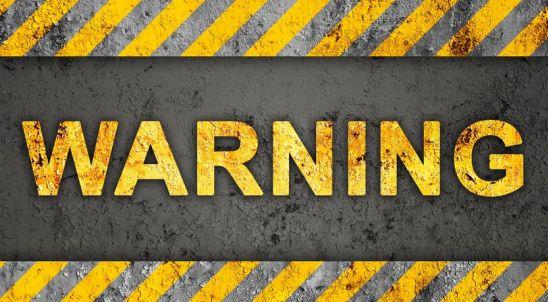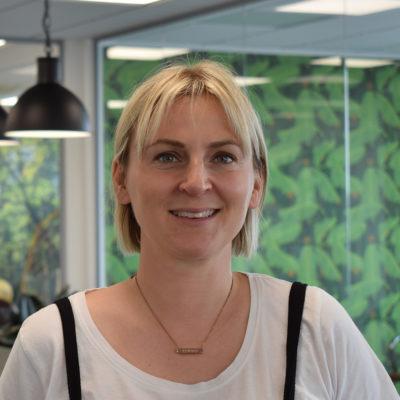HCP social media monitoring is like having permanent access to a market research focus group of over 350,000 healthcare professionals. There are many ways you can use the insights that come from listening to their conversation. You can keep up to date on your customers’ needs & concerns, identify who the key digital opinion leaders in your therapy area are, see which channels they use to engage with each other, understand how your competitors are perceived and much more.
Today let’s look at how using HCP social media monitoring to watch for doctors spreading misunderstood information about your product is crucial for pharma.

The danger of not responding to misinformed HCP conversation online
A few years ago if a doctor was misinformed about your brand they might tell some of their colleagues in their workplace the wrong information. Pharma would have no way of knowing that their conversation was potentially damaging their products’ reputation but luckily the effect would usually not be widespread and in most cases would be unlikely to cause a significant impact on your brand.
In 2014 healthcare professionals are not just sharing their knowledge with their immediate colleagues. Doctors are using public social media to engage, converse, share news and voice their opinions on brands with colleagues from all over the world. So what happens now if one healthcare professional is using social media to voice their opinion which happens to be misinformed?
Renhe Pharma loses $160M USD from HCP spreading product misinformation
Last year, Renhe Pharmacy lost 10% in stock value after a doctor shared misinformation via a 140-character post on Chinese social media site Sina Weibo. According to South China Morning Post, a Beijing-based doctor posted the following offending message on Weibo: “Youkadan and Haowawa medicine have been proven toxic to children’s livers. Children under one year should absolutely not take it. Children under six should take it with caution.” The post was immediately shared, tens of thousands of times, by others including a Chinese television star who at the time had over 26 million followers.
Although the doctor who posted the message later admitted that he had inadequate information, and China’s Food and Drug Administration issued a statement claiming the medicine was safe, it was too late to prevent the company’s loss of around $160M USD. Have a look at the full story here.
The question is could this have been dealt with better if Renhe had been immediately made aware of the doctors post? Could their intervention have stopped this spreading so quickly? In any case forewarned is forearmed as the saying goes. By the time Renhe were aware of the post the “fire” was out of control and, though they tried the best with damage limitation, it was hard to reverse the impact this had caused.
Listening to how HCPs are discussing your brand online is key, especially when it comes to stopping the spreading of misinformation before your brand reputation has suffered irreversible damage.
If you have a brand that you are considering HCP social media monitoring for contact me at [email protected] to find out how our unique service works.
 By Katie Kennedy
By Katie Kennedy 

